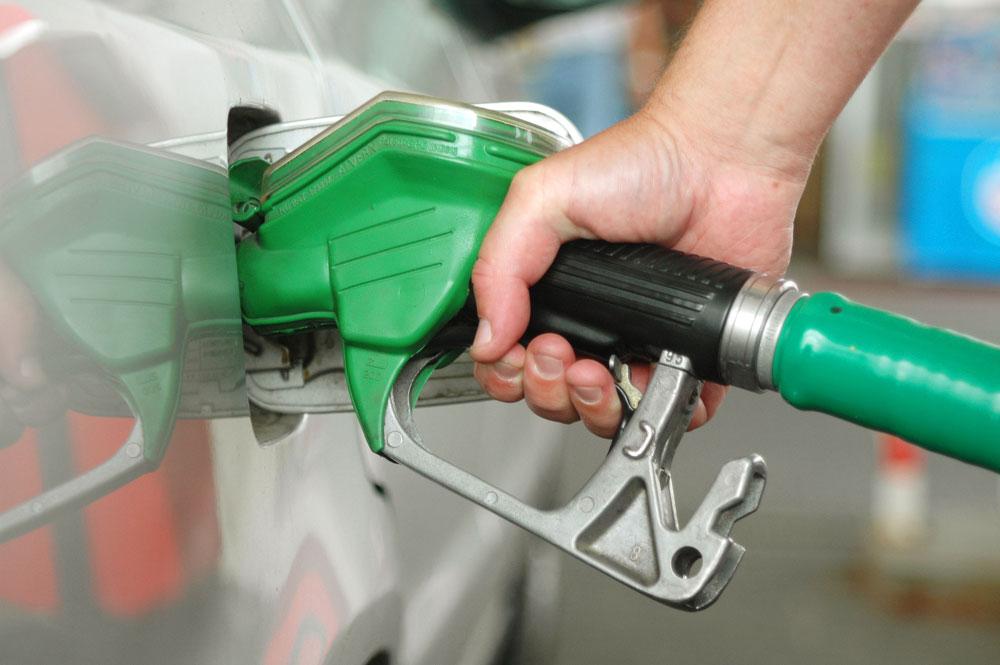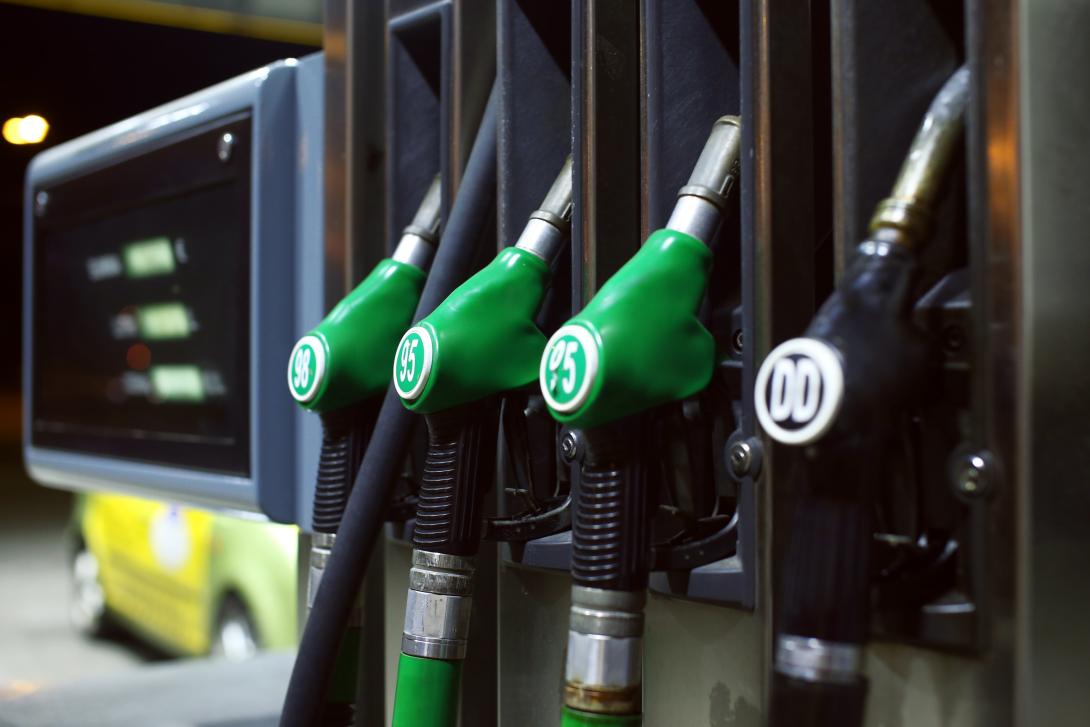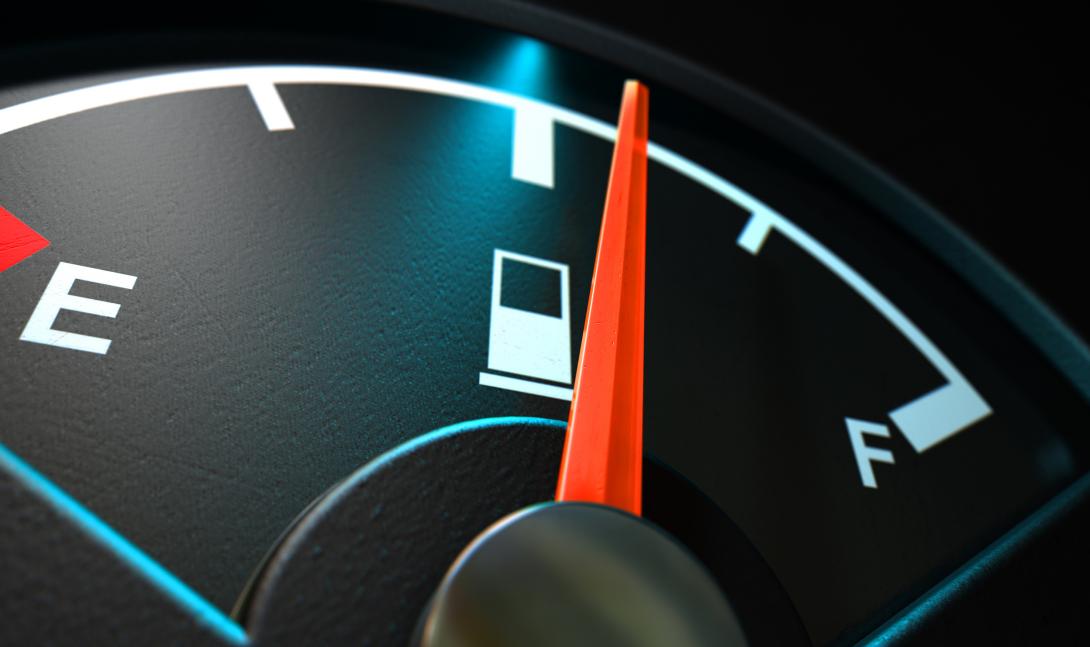The Competition and Markets Authority is to be granted new powers to help improve competition in the road fuel market and protect consumers from unfair prices.
Under new amendments to the Digital Markets, Competition & Consumers Bill, the CMA will become the body responsible for closely monitoring road fuel prices and reporting any sign of malpractice to the government. The move aims to help improve competition in the market, making sure customers across the country are given a fair choice of prices when they buy fuel.
Fuel retailers, including supermarkets, will be forced to come clean on how much they are charging customers on their forecourts versus their profits. Those that fail to comply could face a fixed fine from the watchdog of up to 1% of their worldwide turnover, or an ongoing fine of up to 5% of daily turnover.
Energy Security Secretary, Claire Coutinho, has today cautioned retailers that she will not hesitate to hold them to account, if there is any evidence of unfairly hiking up prices and holding back savings from UK motorists.
The warning follows a report from the CMA earlier this year that revealed some supermarkets had failed to pass on savings in oil prices - charging drivers 6p more per litre for fuel, which amounted to £900 million in extra costs in 2022 alone. It forms the latest step in the government’s drive to halve inflation and reduce costs for families across the country.
Energy Security Secretary Claire Coutinho said: "At a time when many were struggling with increased living costs, we saw shocking behaviour from some fuel retailers who failed to pass on savings at the pump.
"Now we are cracking down on any petrol station bosses found to be unfairly hiking up their prices.
"That’s why we’re giving the CMA new powers to bring fairness back to the forecourts and make sure UK drivers get a competitive fuel price."
Work is already underway from the CMA to step up their oversight of the fuel market. Last week, the watchdog published their first road fuel monitoring report - which found that there may be some early signs the road fuel market is not working as it should be, but it is too early to confirm.
Although many retailers have voluntarily increased transparency of their costs and returns, the CMA also revealed that Shell and Moto-way had failed to meet their information requests, despite calls from the Energy Security Secretary to do so.
On top of this, twelve of the biggest retailers, including all four fuel-selling supermarkets, have already signed up to the CMA’s voluntary scheme to share daily price data – allowing news outlets and websites to create price comparison tools for customers to easily compare costs.
The government is progressing plans to make this legal requirement for fuel retailers to share daily price information that will help customers to easily shop around for deals. A consultation on the design of government’s open data scheme is due to launch this autumn.







